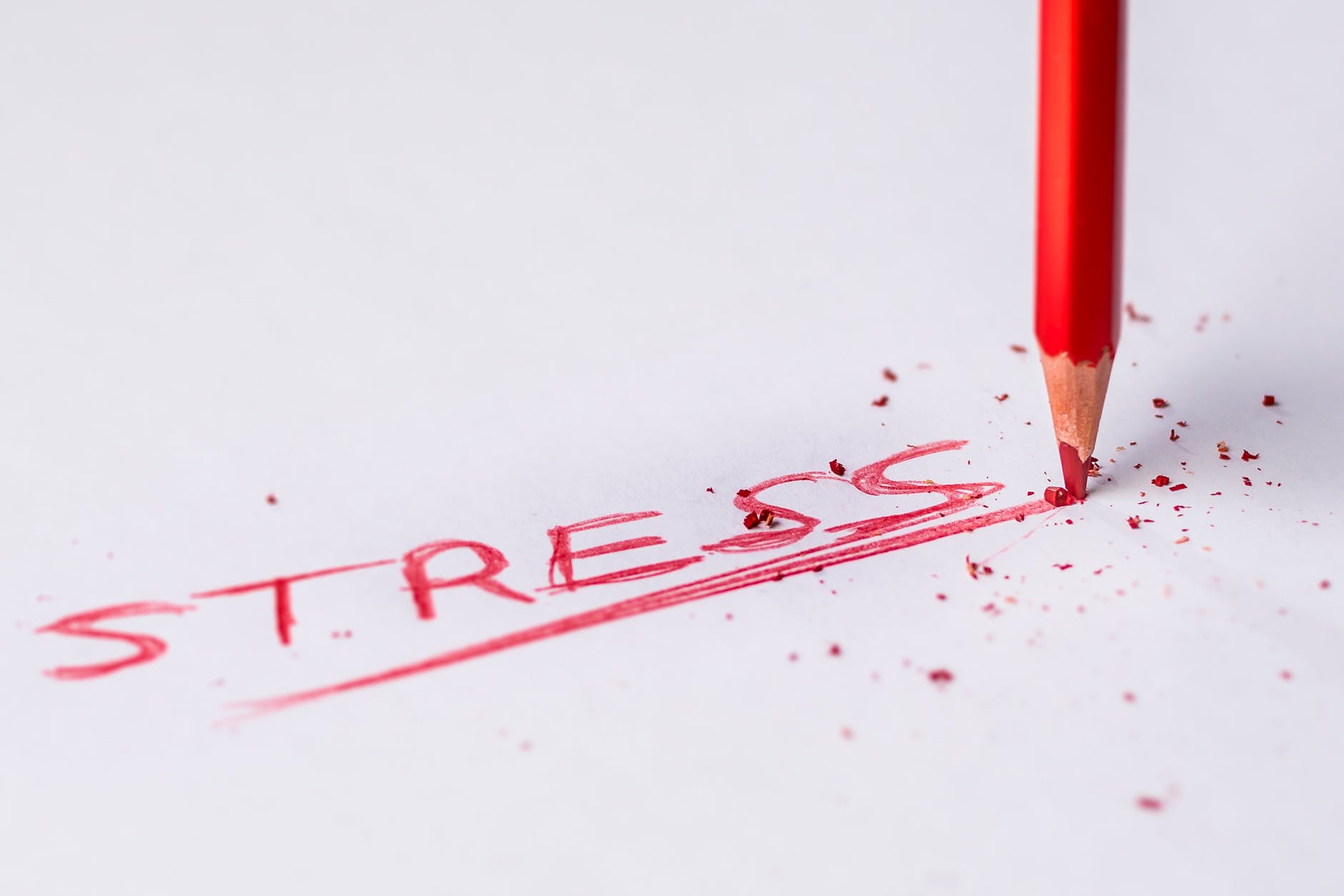 The Temporomandibular Joint, or jaw joint, is often impacted in times of stress. For many people, clenching their teeth together is the subconscious way their bodies hold their stress. When we clench, it creates more pressure within the jaw. Over time, this can lead to poor control of our jaw muscles which are responsible for opening and closing the mouth. If your clenching persists, your brain can lose its ability to remember the correct position and movements of the jaw.
The Temporomandibular Joint, or jaw joint, is often impacted in times of stress. For many people, clenching their teeth together is the subconscious way their bodies hold their stress. When we clench, it creates more pressure within the jaw. Over time, this can lead to poor control of our jaw muscles which are responsible for opening and closing the mouth. If your clenching persists, your brain can lose its ability to remember the correct position and movements of the jaw.
Signs and Symptoms
Facial pain, and jaw pain is often overlooked, with many people suffering for years before finding out there are treatment options. Some of the most common symptoms associated with dysfunction of the jaw are:
- Clicking noises when opening or closing the mouth
- Episodes where the jaw becomes stuck or ‘locked’
- Difficulty and pain when eating certain foods, such as apples or nuts
- Headaches, especially in the temples, and at the base of the skull
- Ear pressure
- Neck Pain
Stress Management
During times of high stress, you may find that you are clenching more. Below are some stress management tips to implement throughout your day, to reduce the amount of tension held in your jaw.
- Relaxation Techniques
- Meditation – There are many guided meditation apps which are effective at reducing stress in many people
- Take a Walk – Getting outside can help physically relieve the tension in your body. It is also a good reset for the mind to change scenery and physically remove yourself from problems
- Exercises – Workouts are effective tools to reduce stress
- Sleep Hygiene
- Sleep Stories – To calm the mind and allow for a relaxed, clench free nights sleep
- Turn of electronics for at least an hour before bed
- Take a hot bath, or shower
- Perform some gentle exercises, or nighttime yoga
Other Tips to Prevent Jaw Problems
The following tips can help prevent the onset of jaw dysfunction:
- Avoid resting your face or chin on the palm of your hand when sitting down
- Wear a night guard if you clench at night
- Avoid regularly eating tough, or crunchy foods
- Try not to sleep with your hand under one side of your face
- Avoid slouching and stay in good posture throughout the day
- Stop chewing gum
- Have regular check-ups with your dentist